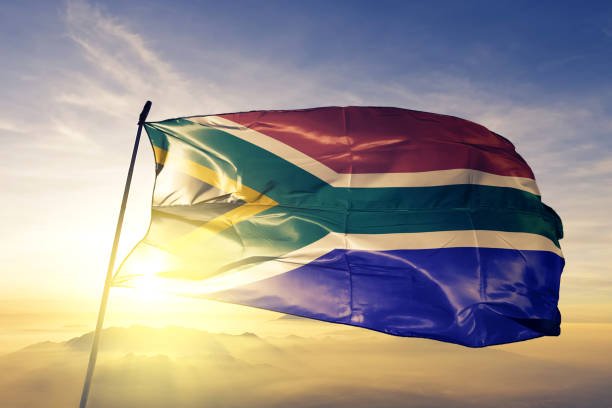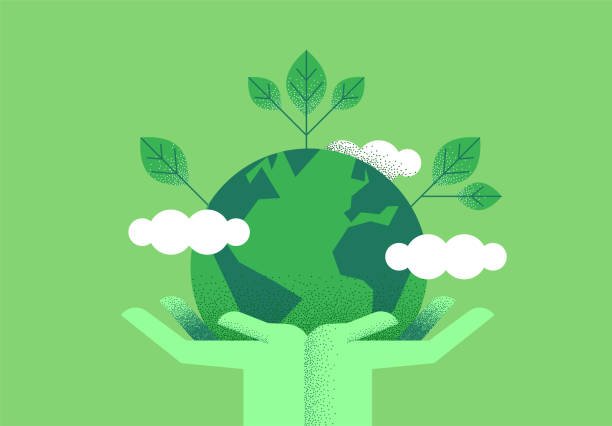On this page we discuss more than two major changes which are guaranteed in the new South African constitution. Do you know that there have been three constitutions in South Africa before? Namely:
- the 1910 Constitution which set up the Union of South Africa;
- the 1961 Constitution which set up the Republic of South Africa; and
- the 1983 Constitution which created 3 houses of Parliament.
But these constitutions never represented the needs or protected the rights of most South Africans, and they only allowed a small number of South Africans to vote. Before democratic elections could be held in April 1994, a different Constitution had to be written. This was done by all political parties in South Africa during the negotiations at the World Trade Centre. This constitution is called the Interim Constitution. The Interim Constitution is the constitution of South Africa until the New Constitution is adopted.
Watch: Episode 1: South Africa’s Constitution
18 Major Changes Guaranteed in the new South African Constitution
A constitution usually covers:
- the type of government which will be used in the country (for example, democratic government);
- the land that will be in the country;
- the national symbols which will be used (for example, the flag and the national anthem);
- the languages which will be used;
- what the different provinces will look like;
- who a citizen of the country is;
- how the different branches of government (the Executive, Legislature and Judiciary) will be made up;
- what the powers of each branch of government will be, and what the limits of these powers will be;
- how the National, Provincial and Local levels of government will be made up;
- what the powers of each level of government will be, and what the limits of these powers will be;
- how the government will be chosen and how often elections will take place;
- the human rights which will be recognised and protected by the government (these rights are usually included in a document called a Bill of Rights, which is part of the constitution itself);
- what institutions there will be to protect people’s human rights and to protect people from abuse of power by the government;
- how the police and armed forces will be made up and what the powers of these will be;
- how the public administration will be made up and how it will be run;
- how the money which is collected from the people of the country will be used (for example, taxes and fines);
- how to make sure that the government is using public money properly and not wasting or stealing it; and
- how the constitution can be changed.
Sources





